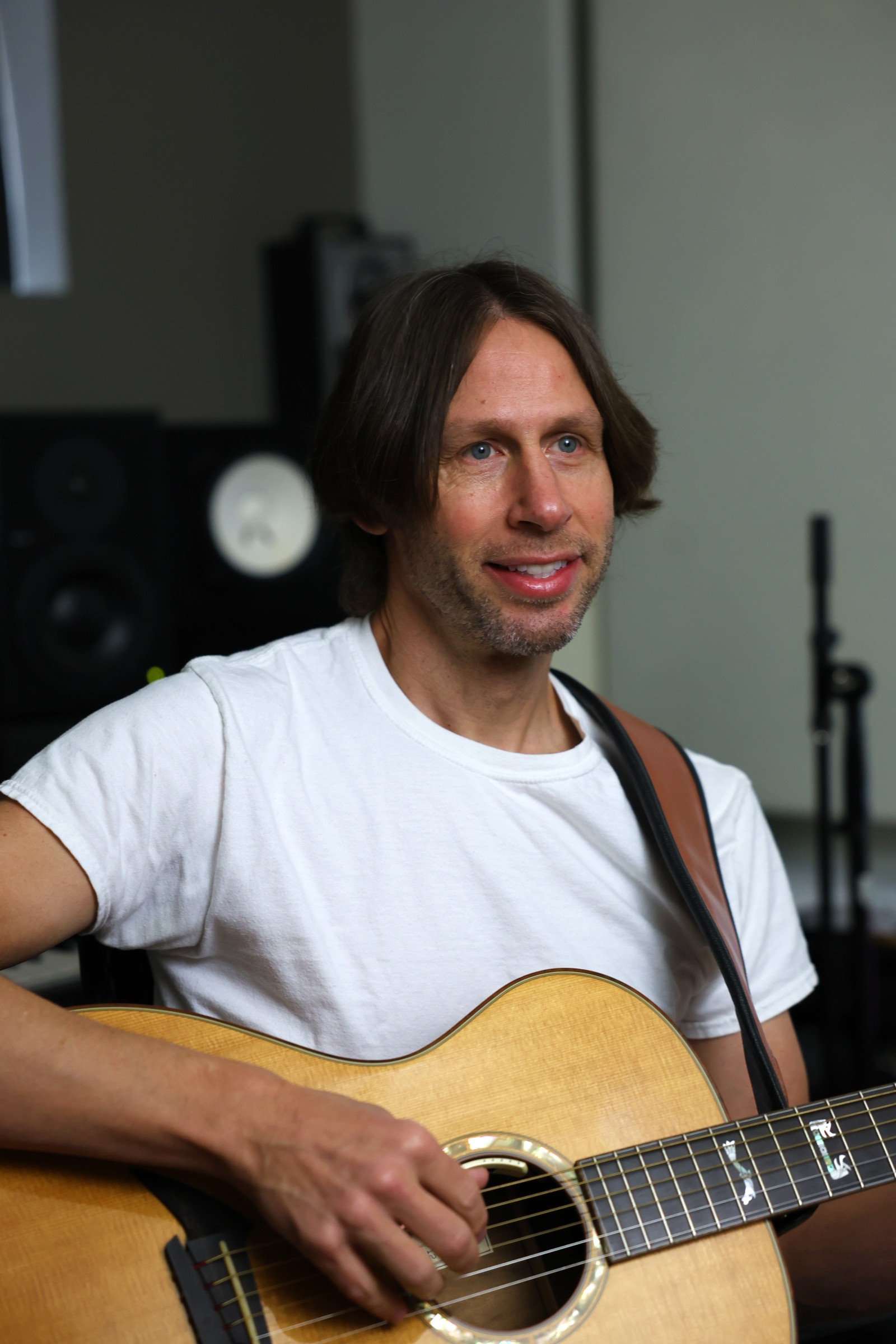A Masterclass in Musical Mourning Transforms Personal Loss into Universal Catharsis
“Fare Thee Well” Larry Karpenko comes as a surprise, like a handmade letter tucked inside a library book: personal, frighteningly clear.
This album is an elegy for Sharlene, a missionary, mother, and friend who died at age 43 of cancer. It does not just mourn; it breaks down loss with the care of an artist and the interest of a scientist.
The track’s backbone is a piano riff older than Spotify itself, unearthed after two decades to anchor verses steeped in young love and divine companionship.
That waiting pays off, because the rhythmic base is now the right structure for the emotional weight it holds. It is not just sad music; it is a carefully crafted emotional experience that shows how complicated loss is.
What is unique about this is not the sadness itself, but how it is put together. The end does not fade to silence, but to suggestion, leaving listeners hanging in the air.
It is a brave choice, like when a movie director ends a scene in the middle of a sentence. Every crack holds a memory of Sharlene’s absence.
For best effect, the voice mix uses simplicity. Instead of putting too much emotional weight on the listener all at once, Larry Karpenko builds the story slowly, giving the listener time to think between lines.
Rarely does a composer show such reserve, letting the listener process the emotional material instead of just taking it in.
The bridge part, which is the dramatic high point of the piece, is what makes this track stand out. Larry Karpenko uses many synthesisers, including the Klaxonium Tremod, the Lab V Blade, the Lab V Arcade Ambiance, and the Jun Dubstep, to make this sound. The slow, rising piano arpeggios make you think of transcendence without using tired metaphors about heaven.
The words get ideas from two poems that were read at Sharlene’s funeral service. One was by her husband, and the other was by her oldest son. This method provides a story voice with many levels that celebrates both Sharlene and the community that is less complete without her.
Many works about grief try to do what “Fare Thee Well” does, but few are able to fully achieve: it turns deeply personal loss into emotionally accessible art that everyone can relate to, without losing authenticity or artistic innovation.

This song is similar to classics in the grief genre, like Eric Clapton’s “Tears in Heaven” or Sufjan Stevens’ “Carrie & Lowell,” but it also makes its own emotional path with music choices that feel both modern and classic.
It leaves you wondering: Is memory a kite or an anchor? Greetings! It sounds like it is both a tie to what was lost and a lift to what will come next.
It is not bad for a song that came from a riff from 20 years ago and a bond that would not die.

